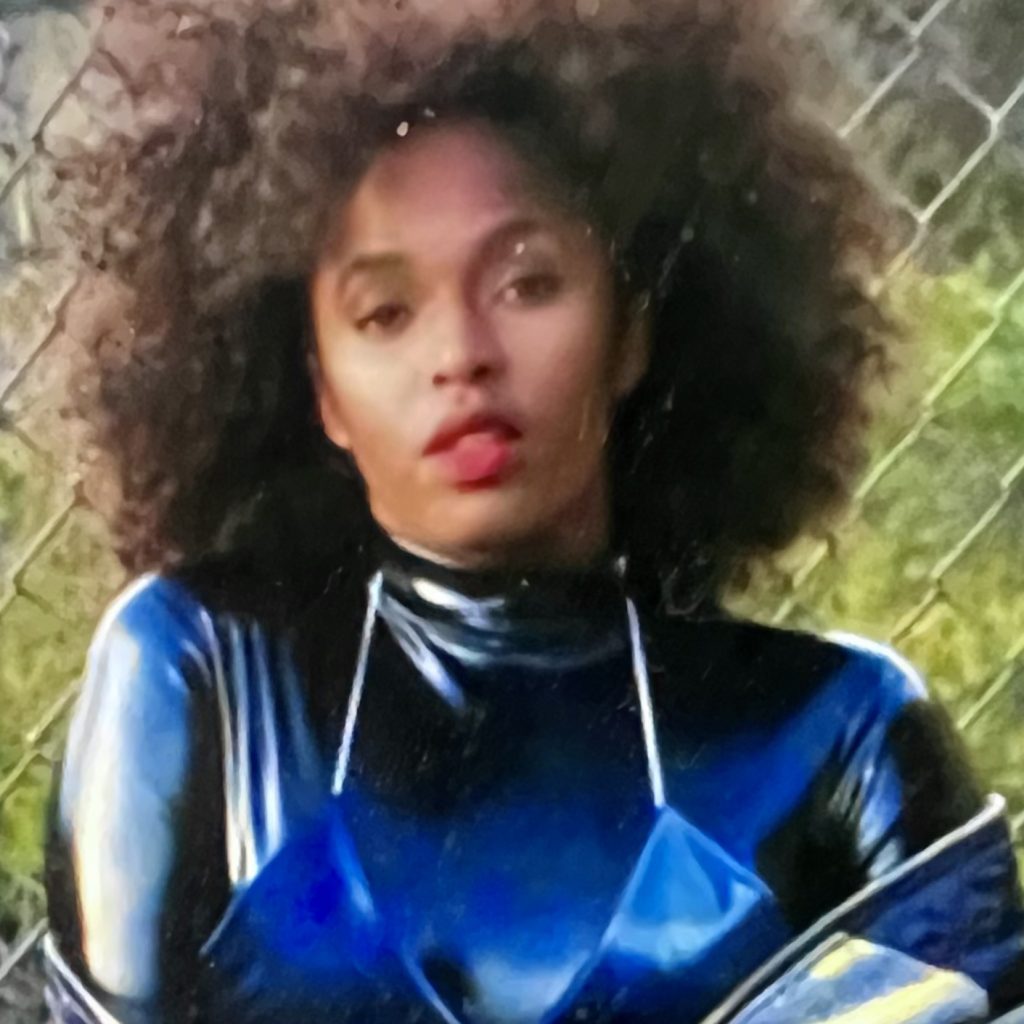Hip Hop may trace its origin to the early 1970s by African Americans and Afro-Caribbean immigrants in the Bronx, but Angel Kaba became involved in this specific genre of dance as a young woman living in Brussels, Belgium. She had been studying ballet since she was a young child and then was captivated by the freedom of the movements and rhythms that characterize Hip Hop style. She was also exploring Afro’Dances in connection to her family culture, she recently explained, noting that her father is from the Democratic Republic of the Congo and her mother is a dancer of traditional Caribbean dance from the island of Martinique.
Coming to New York to make her way in the international dance world, Angel encountered Robin Dunn, who had been teaching Hip Hop at Steps on Broadway at 2121 Broadway for over 25 years. Over time Angel served and eventually was overwhelmed when she was offered a job as a Hip Hop and Afro’Dance instructor. Her approach fully integrates an appreciation of cultural influences.
She explained that the Afro-Dance technique is different from traditional African dances performed for centuries to the beat of drums. Afro-Dances are street and social dances from Africa, and they typically are performed to Afro-Pop music that has numerous variations, like Afrobeats, Amapiano, and many other African music genres. Played on a wide variety of sounds and exciting beats, it is impossible not to want to move to its rhythm.
The dance technique is unequivocally emotional and unrestrained, and Angel explained that the mostly Black artists of this art form are trying to change the narrative by placing the form on a par with other types of pop sound and contemporary dance.
Angel is confident that the more people of diverse backgrounds become familiar with the genre, the more they will embrace it. Students normally can feel the transformation of this freedom-loving form within two or three classes. “It’s amazing to see this happen,” Angel said.

 By
By